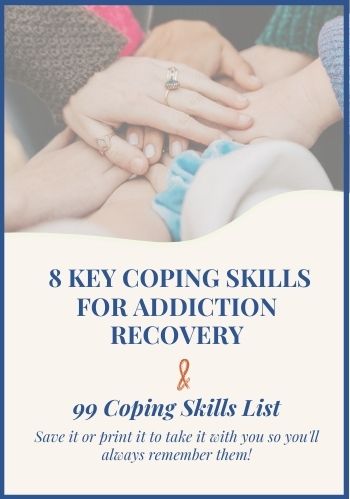How to Communicate Your Feelings

Communication is something we use everyday, throughout the day. Every single interaction we have involves it. Communication can easily become difficult, especially when it comes to more serious topics. Maybe it seems like we’re unheard, misunderstood, or we don’t get the reaction that we wanted. One of the most difficult things to communicate is our feelings.
When we’re children, communication is easy. We cry when we want to, we throw tantrums when we’re upset, and we’re blunt about how we feel. It’s expected that as we get older, through experience and learning, we’re able to communicate better. However, it’s usually the opposite.
In some instances, our feelings were shut down. We may have faced judgment or backlash for feeling the way that we did. It felt as if we were being punished for expressing ourselves, and over time we began to suppress our emotions and stopped talking about them. Learning how to communicate our feelings can be difficult because the fear of rejection and judgment remains. Nonetheless, we need to communicate how we feel in order to heal.
So, how do we start communicating our feelings?
The first step towards communication is knowing what you want to get across. We need to figure out exactly what we feel. Here, we can refer to The Feelings Wheel (add link) to identify what we’re feeling.
If it comes to an argument, it’s helpful to use “I” statements. This way, we don’t come off as accusing. A useful template to go by is “I feel (blank) when you (blank).” If we resort to blame, merely pointing out all of the person’s faults, it becomes counterproductive. It’s important to explain what someone’s doing that bothers you, but keeping the focus on how it makes us feel is key to healthy communication. This way, we can come to a solution instead of getting stuck in an endless cycle of pointless blame and bickering.

Mental disorder and communicating our feelings
When it comes to a mental disorder however, there doesn’t have to be a certain argument or problem that makes us feel negative. Communicating is a huge part of healing in these cases because we can’t get treatment without it. In the majority of cases, treatment includes therapy and psychiatry. We need to talk about our feelings in order to succeed in therapy, get a diagnosis, or receive medicine.
Especially in the beginning, communicating the feelings that come with a mental disorder can be difficult. Some of us believe that when we say these things out loud, it makes them real. In these cases, it’s helpful to start out slow. We can start with the more surface feelings before digging deep. Pushing ourselves too hard can make us uncomfortable and drive us away from the help that we need. When we start slow, we’re able to get more comfortable with expressing our feelings and it begins to come naturally.
Another obstacle we might face is resorting to “I’m fine”. It’s something we’re all guilty of sometimes. When we don’t want to talk about our feelings, we just lie to avoid having to communicate. Here, we need to practice honesty. When we’re feeling bad, holding it in only makes it worse. We need to push past our fears of judgment and rejection. There will be times that we’re just not in the mood to talk. In these situations, instead of resorting to “I’m fine”, we can say “I’m not feeling good, but I don’t want to talk about it right now, can we talk about it later?” This gives us the ability to communicate when we’re ready instead of avoiding it altogether.
Communicating our feelings effectively doesn’t come easy right away. It takes practice and time. Using these tools makes it easier and puts us on the right path. We stop resorting to suppressing our feelings and find that when we communicate there is a sense of relief. We no longer hold all the weight of it and begin the process of healing.
* The content presented here is for your information only. It is not a substitute for professional medical advice, and it should not be used to diagnose or treat a health problem or disease.
At Tight Lines … Together We Can
At Tight Lines you will be greeted with a non-judgmental, smiling face that will make the experience feel more like visiting family than a medical appointment. At utmost importance is building a trustworthy relationship with all patients. Get in touch with us to make an appointment.

